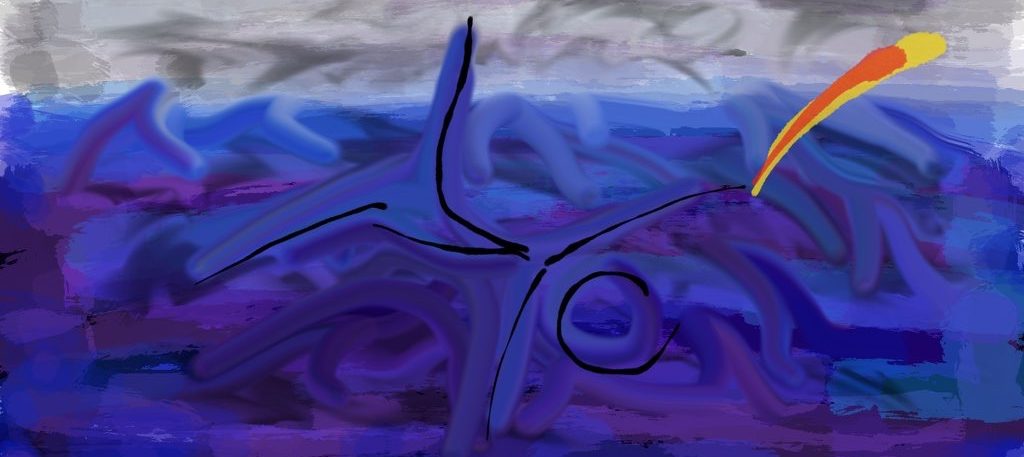In this exercise, you are asked to connect four resources:
| 1) The secret language of trees, by Camille Defrenne and Suzanne Simard here.
2) Abuela Grilo, Ayoreo interpretation of the water wars in Bolivia here. 3) Bee Extinction: We’re saving the wrong bees here. 4) Too expensive to save? controversial news article here. |
Dipping in questions for you to sit with:
What do the four resources have in common? How are they different?
How are the stories similar or different from what you were taught at school and by the media?
What would be an Indigenous view of interdependence? How is this view similar or different from mainstream views?
Why have Indigenous peoples views of interconnectedness been mostly perceived as “backward” by settler-colonial societies?
How did decision makers come to think about the value of other species in economic terms? Why is it problematic to think about saving only species that offer the best “economic returns on investments”?
Diving deeper questions:
Many Indigenous peoples consider the perceived separation between humans and nature (or separability) to be a trauma (like a wound). They consider it to create a deep sense of worthlessness in those whose lives are conditioned by it. This sense of worthlessness is then used to encourage us to seek social status and validation so that we can justify why we are worthy to be alive: we start to judge each other based on our economic value and social-economic status. This creates hierarchies of worth between individuals, between cultures and between us and other species.
In order to find relief for the pain and anxiety of the trauma of separability and the deep sense of worthlessness (to compensate for these things), we feel a compulsion to consume things that give us temporary relief, pleasure and status. However, this feedback loop makes us numb both to our complicity in harm and to our responsibility to heal this trauma and to find a way to (co)exist differently in this planet, before we completely destroy the possibility of human life within it.
Consider this theory for a moment and sit with the questions below.
How has the separation between humans and nature affected your life? If we were all indeed traumatized by separability, what are your compensation mechanisms? What do you usually consume to avoid dealing with the pain of what is happening in the world (think about consumer goods, and also about knowledge, experiences, relationships that could be used to bypass the anxiety and help you focus on what is easier and more comfortable, for example restoring a sense of hope or focusing on easy solutions). Why is it difficult to sit with the trouble, the complexity and the pain?
How has the pain of separation affected your family and your family relations? Think about how your ancestors might have been in conflict with other cultures. What strategies do the people in your family use to not have to deal with collective pain?
How could you stop your family traumas from being passed down to future generations? How could we help ourselves to heal the collective wound of separability?
